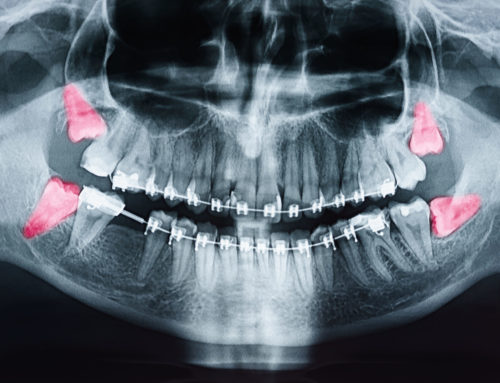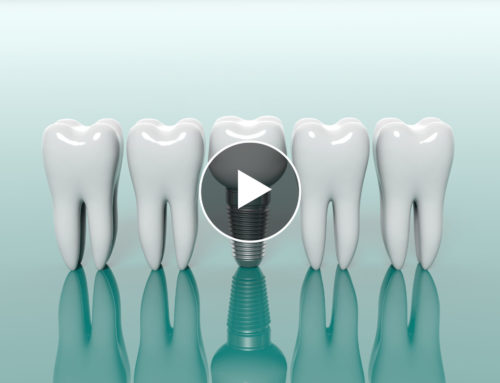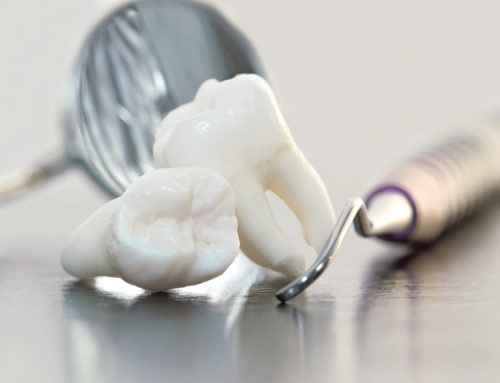 A common passage toward adulthood is the removal of your four wisdom teeth. Often noted for being an uncomfortable dental surgical procedure, patients often wonder if they can just leave them in place. The percentages vary by study, but approximately 80% of people will eventually need to get their wisdom teeth removed.
A common passage toward adulthood is the removal of your four wisdom teeth. Often noted for being an uncomfortable dental surgical procedure, patients often wonder if they can just leave them in place. The percentages vary by study, but approximately 80% of people will eventually need to get their wisdom teeth removed.
Even if they start off positioned well, the long term prognosis is rarely good. What’s worse, the longer they stay the more painful the removal will be as their roots develop and often create a hook shape. Even knowing that, patients often wonder if they are one of the lucky few who will be just fine. If your wisdom teeth meet the following criteria, you do not need to seek immediate removal.
- Your wisdom teeth have come in fully, they are not impacted.
- Your wisdom teeth are not pushing on the neighboring teeth.
- Your wisdom teeth are positioned well so that you are able to brush and floss them well.
- Your wisdom teeth are not causing any biting or chewing problems.
If you are seeing any of the following signs, you should seek the advice of an oral surgeon.
- Your wisdom teeth have only erupted partially.
- Your teeth are twisted or not aligned with your other teeth.
- Your teeth are positioned in such a way that it is uncomfortable to brush or floss them.
- You are experiencing pain or sensitivity.
- There has been damage to your neighboring teeth.
Wisdom teeth are very susceptible to cavities due to their positioning, it makes them much more susceptible to plaque and debris being missed in cleaning.
The best advice is to keep your regular dental checkups and follow the advice of your dentist. They may refer you to an oral surgeon for removal. Please contact us if you have any questions about your wisdom teeth.





